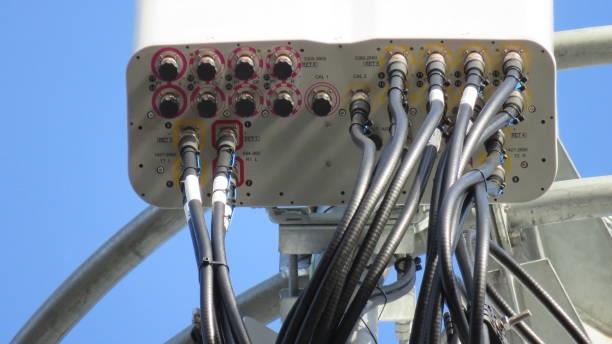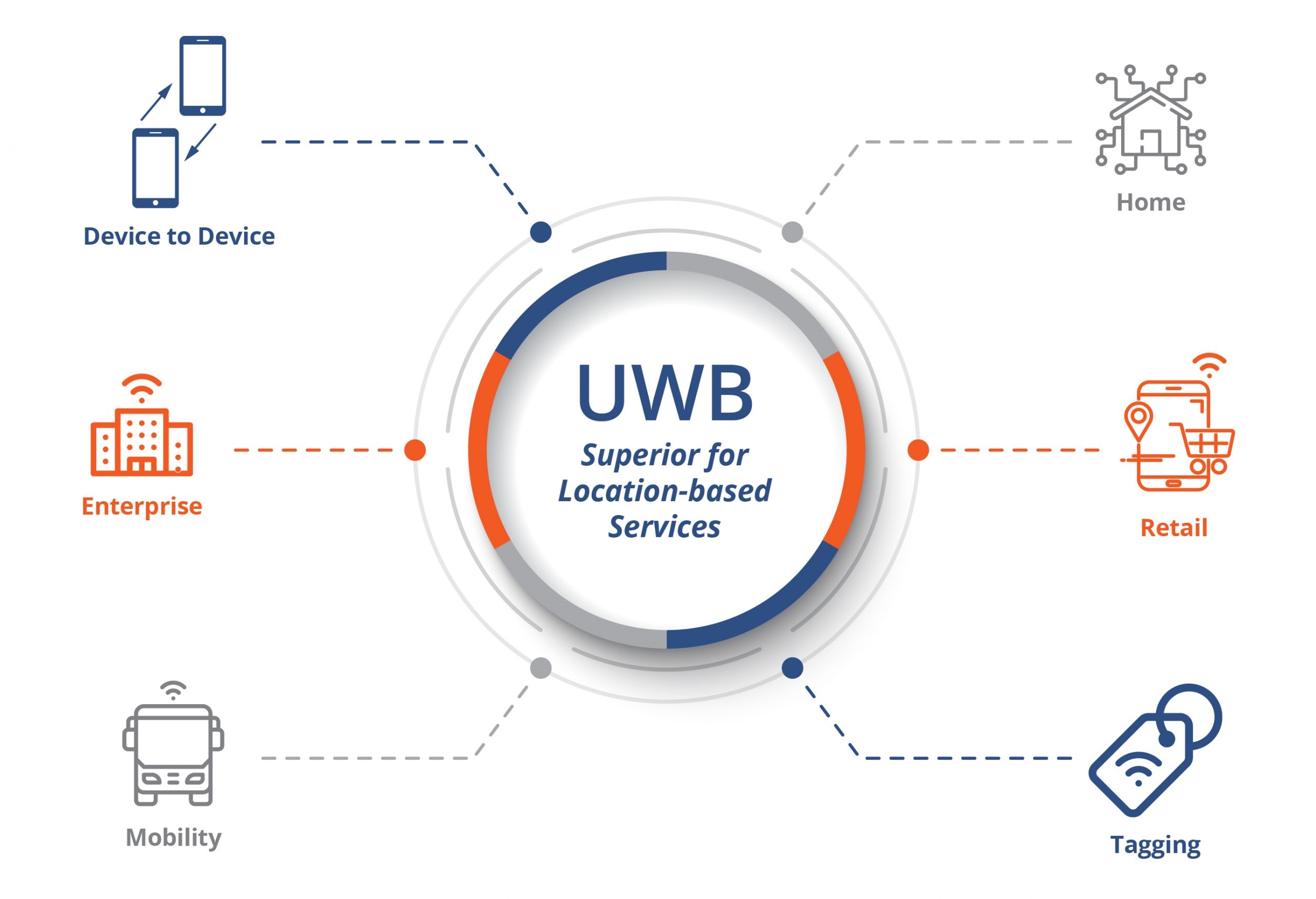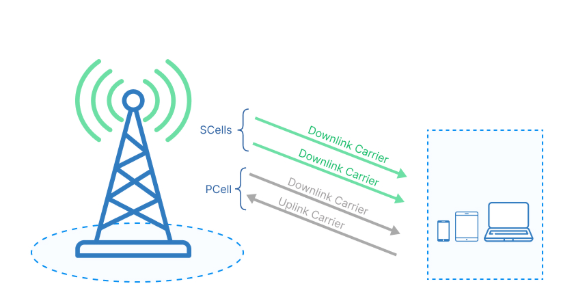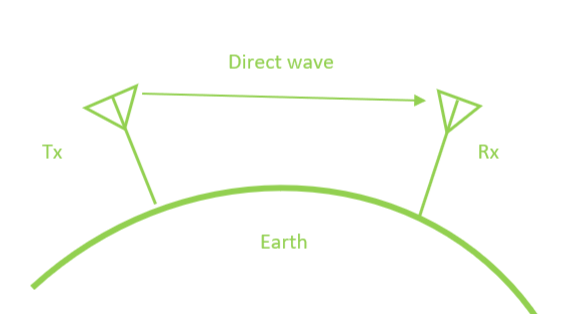The terms Bluetooth adapter, Bluetooth receiver, and Bluetooth transmitter can sometimes be confusing. This article explains their meanings and functions.
Bluetooth adapter
A Bluetooth adapter is a device, often a small USB plug-in, that enables devices without built-in Bluetooth to communicate and connect with other devices via Bluetooth. By inserting a Bluetooth adapter into a device's USB port—such as a computer, TV, or other equipment—it provides Bluetooth capability for wireless connections and data transfer.
Bluetooth receiver
A Bluetooth receiver is typically used to convert non-Bluetooth devices into Bluetooth-capable devices. Bluetooth receivers are commonly connected to audio devices such as speakers, headphones, or car stereos so they can receive audio signals transmitted over Bluetooth. The receiver accepts Bluetooth signals from a Bluetooth transmitter—such as a phone or computer—and converts them to audio signals for playback.
Bluetooth transmitter
A Bluetooth transmitter is a device with Bluetooth capability, for example a phone, computer, or tablet. It can send Bluetooth signals to a Bluetooth receiver or other Bluetooth devices. A Bluetooth transmitter can connect to a Bluetooth receiver to send audio signals wirelessly to speakers or headphones. It can also pair with a Bluetooth adapter to enable wireless communication and data transfer between devices.
In short, a Bluetooth adapter primarily adds Bluetooth capability to non-Bluetooth devices so they can communicate and connect via Bluetooth; a Bluetooth receiver converts non-Bluetooth devices for wireless audio reception; and a Bluetooth transmitter is any device that sends Bluetooth signals to other devices.
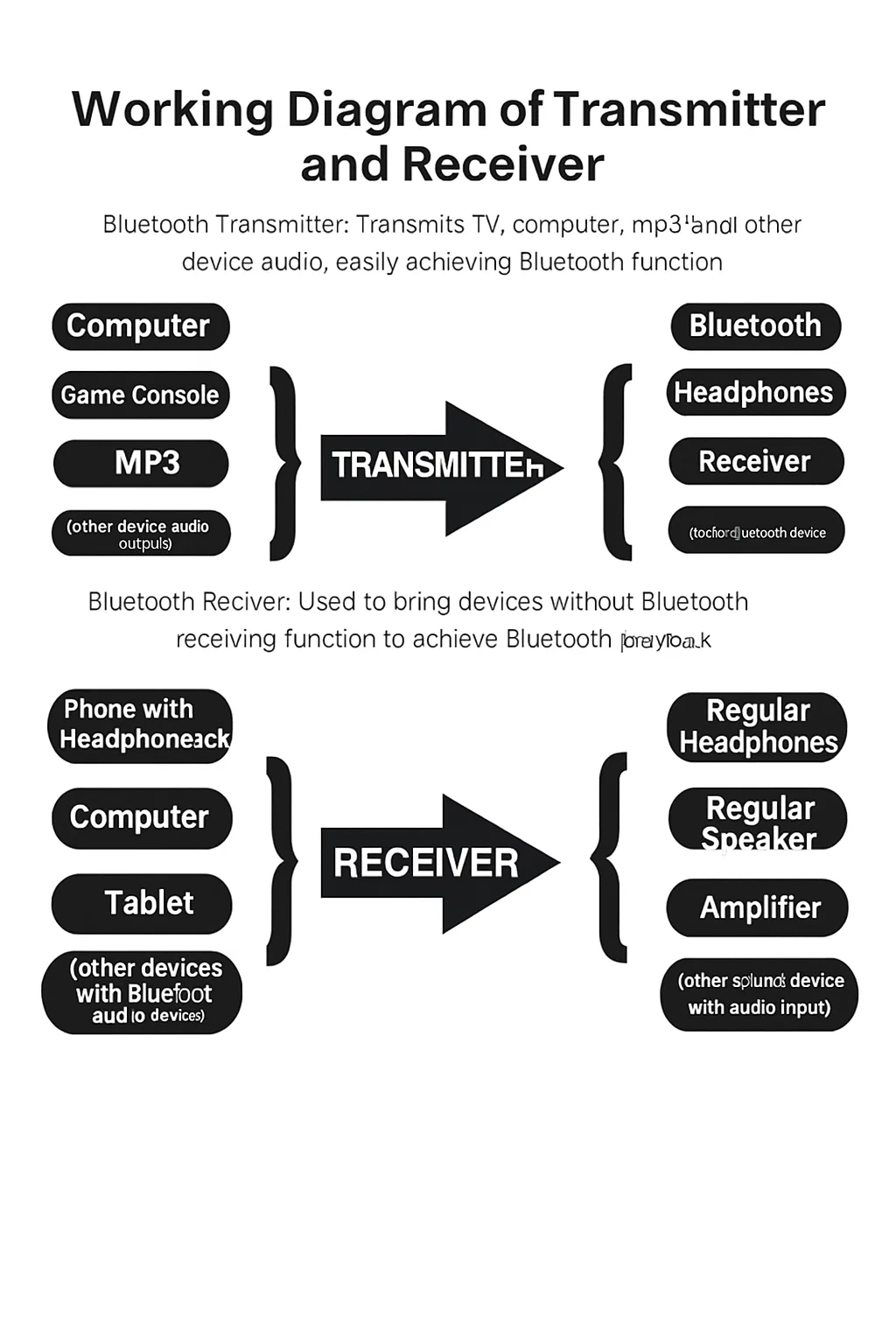
How to choose a Bluetooth transmitter and receiver
Selecting suitable Bluetooth transmitters and receivers requires considering the following aspects:
- Requirements: Consider the specific requirements such as transmission range, transfer rate, connection stability, and audio quality. These factors determine which type of Bluetooth device to choose.
- Device compatibility: Ensure the chosen transmitter and receiver are compatible, for example by supporting the same Bluetooth version and audio formats. Incompatibility can cause unstable signals or poor audio quality.
- Transmission protocols: Different Bluetooth devices may support different audio codecs and protocols, such as SBC, AAC, aptX, etc. Choose devices that support the required protocols to ensure audio quality.
- Battery life: For frequently used wireless devices, battery life is important. Choose devices with longer battery life to reduce the need for frequent recharging or battery replacement.
- Brand and support: Consider brand reputation and after-sales support when evaluating reliability and service options.
- Price: Compare prices across models and balance budget with required features.
Choosing appropriate Bluetooth transmitters and receivers involves balancing requirements, compatibility, supported protocols, battery life, brand support, and cost.
 ALLPCB
ALLPCB


